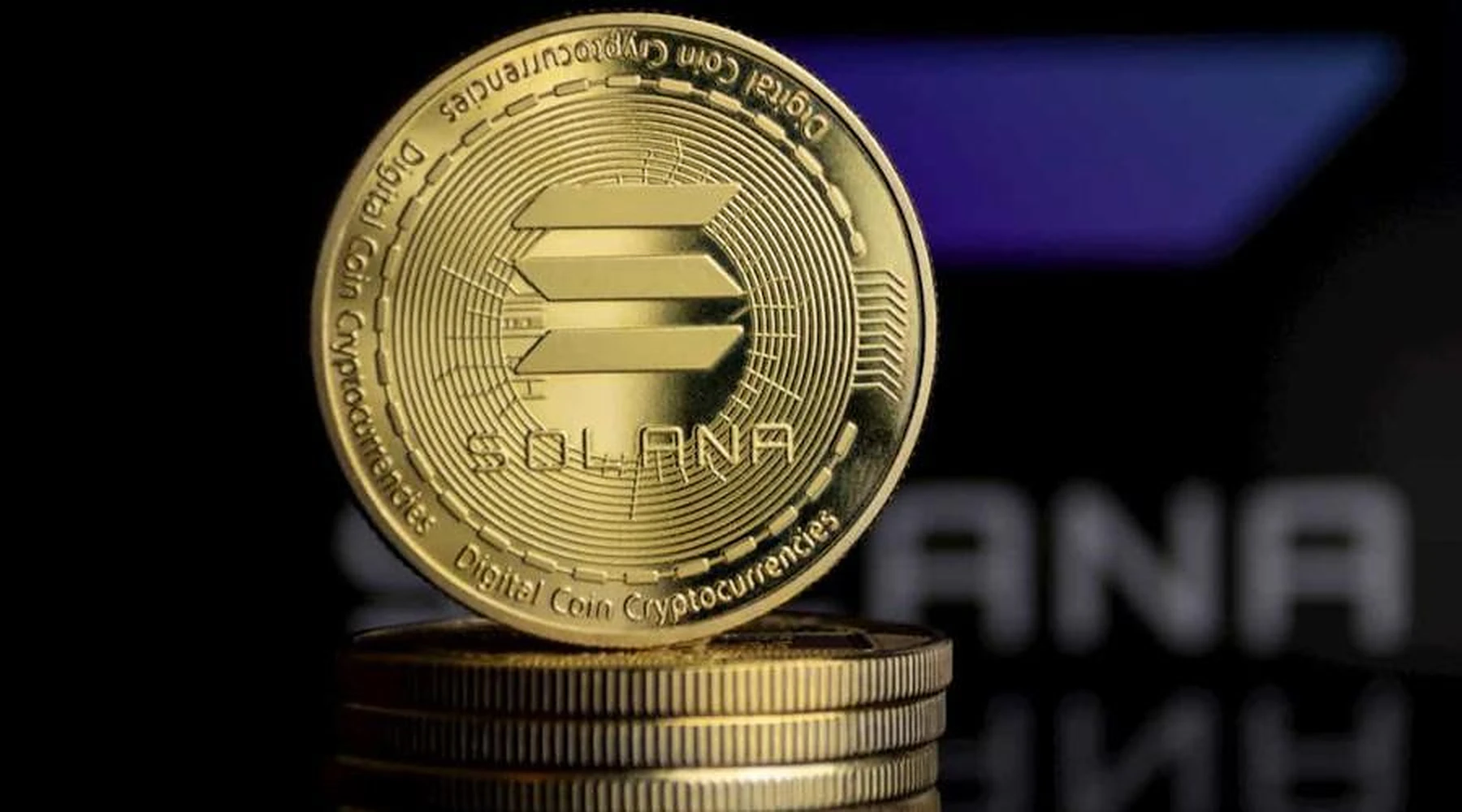The North Korean-affiliated Lazarus Group, identified as the prime suspect behind the $1.4 billion Bybit hack, may also be linked to recent Solana memecoin scams, according to onchain investigator ZachXBT.
Bybit suffered the largest hack in crypto history on Feb. 21, losing over $1.4 billion in digital assets. Security firms, including Arkham Intelligence, have traced the breach to Lazarus Group.
Links to Solana-Based Memecoin Fraud
ZachXBT’s investigation revealed that the hacker received $1.08 million from the Bybit exploit, which was bridged to Solana via a suspicious address. “The attacker transferred USDC to Solana, consolidating funds across multiple wallets previously linked to memecoin scams,” ZachXBT noted.
Additionally, onchain analysis showed that some of the same wallets involved in the Bybit breach were also implicated in the $29 million Phemex hack in January.
Solana’s Increasing Fraud Cases
Solana has been plagued by memecoin scams, including rug pulls on the Pump.fun platform. Investor confidence was further shaken by the collapse of the Libra (LIBRA) token, allegedly orchestrated by insiders who siphoned $107 million, leading to a 94% price crash and wiping out $4 billion in market value.
According to Glassnode data, Solana’s monthly capital inflow has turned negative, declining by 5.9%. Additionally, the number of active addresses on the network has dropped nearly 40% from November 2024 levels, signaling a slowdown in activity.
Solana’s Future Amidst Rising Scams
Despite recent challenges, blockchain researcher Aylo believes Solana’s resilience will drive long-term growth. “While bad actors have exploited Solana, these issues may ultimately contribute to the blockchain’s evolution,” Aylo shared in a Feb. 18 X post.




